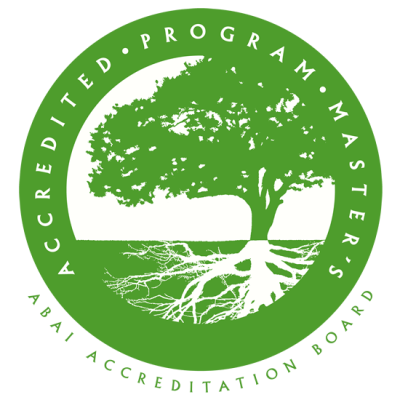
School of Graduate Studies Open House
Join us on campus to connect with program coordinators, the School of Graduate Studies, and various campus offices.
Awards and Recognition
#4 in New England
College Factual ranks us among the top 10 ABA programs in the region, ahead of several long-established institutions (including Endicott), and just behind programs offering a Ph.D.
#12 in the Nation for Value
DegreeChoices.com names us one of the 20 best ABA master’s programs in the U.S., recognizing our exceptional return on investment.
Take the Next Step
Apply now!-

Request Information
Join our email list to stay in the know -

Tuition and Fees
This is a price group 2 program -

Graduate Admissions Events
Meet with a counselor virtually or in person
Contact Us
Want to learn more about the behavior analysis program? Contact the program coordinator, Kenneth Jacobs.
For admissions-related questions, please contact graduate admissions.
Graduate Admissions
Second Floor,
Salem, MA 01970
352 Lafayette St.
Salem, MA 01970

